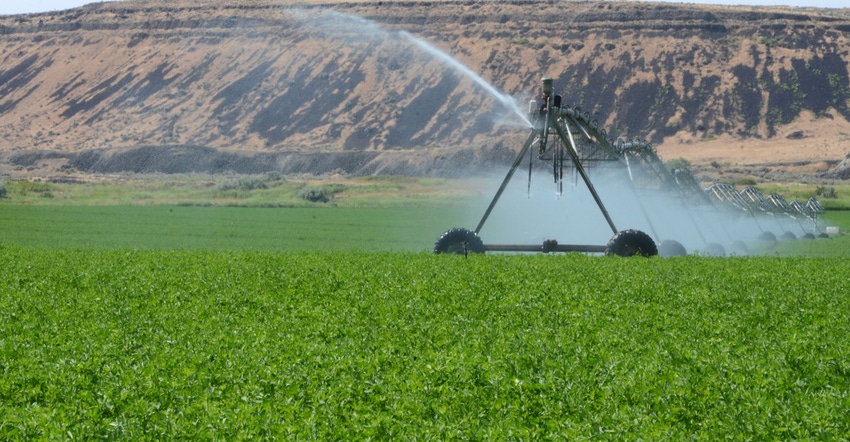November 17, 2020

In October, the Bureau of Reclamation received public comments on its proposed request for a National Historic Preservation Act Program Comment for water distribution infrastructure.
In 1966, Congress enacted the well-intended NHPA in response to fears that properties with historical significance faced destruction or substantial alternation. It was seen as a means to protect the nation’s cultural heritage. Now, it is used by some parties as a tool to impede necessary development.
Our organization represents hundreds of irrigation districts in the West. Many of them routinely encounter the NHPA in the context of their ongoing irrigation maintenance, modernization and water efficiency efforts. NHPA Section 106 compliance can result in repetitive and burdensome processes for water distribution infrastructure that provide minimal historic value, unnecessarily delaying projects that would reduce water transmission losses and increase water efficiency.
Section 106 most profoundly affects irrigation and water districts that interact with federal agencies like Reclamation. Because the identification of sites and the evaluation of effects are collapsed into the same process, opponents of proposed projects can use historic designations as surrogates for other agendas. Essentially, those opposed to change look for eligible sites and use their presence to delay or prevent projects they oppose.
The Program Comment’s precise treatment of aging irrigation canals and other infrastructure under the NHPA may have significant unintended implications for irrigation modernization and infrastructure projects under the state laws of some Western states. There are many ways that projects can be adversely affected by use of the act. Examples include listing in the National Register, discussion of irrigation infrastructure in an NHPA context statement, or even a determination that certain categories of aging infrastructure or certain geographic areas may be eligible for National Register listing. This could create unintended opportunities ripe for members of the public to oppose irrigation efficiency projects.
Oregon faces modernization halt
Opponents of irrigation district piping in Oregon have attempted to leverage the NHPA to thwart irrigation modernization projects. The Central Oregon Irrigation District and other nearby districts are wrestling with water availability challenges brought on by the Oregon spotted frog, a threatened species. The districts have pursued piping as a more efficient way to divert water for irrigation.
Piping opponents (i.e., proponents of the National Register listing for an existing, open canal) submitted voluminous materials to the Oregon State Historic Preservation Office, which were eventually sent on to the National Park Service.
This ultimately led to the successful designation of a section on either side of the canal as a “historic district” under the NHPA. The designation led to multiple years of local hearings and subsequent appeals. Eventually, COID had to undertake a district-wide historic resource analysis of its entire canal system. The effort ultimately resulted in mitigation measures that included leaving some of its canal system open and “protected” from piping.
Reclamation should be commended for its proposal to streamline the NHPA process through a Program Comment. The Bureau of Reclamation also needs to carefully craft the final Program Comment to avoid unintended impacts to Western irrigators.
Keppen is executive director of the Family Farm Alliance.
About the Author(s)
You May Also Like




